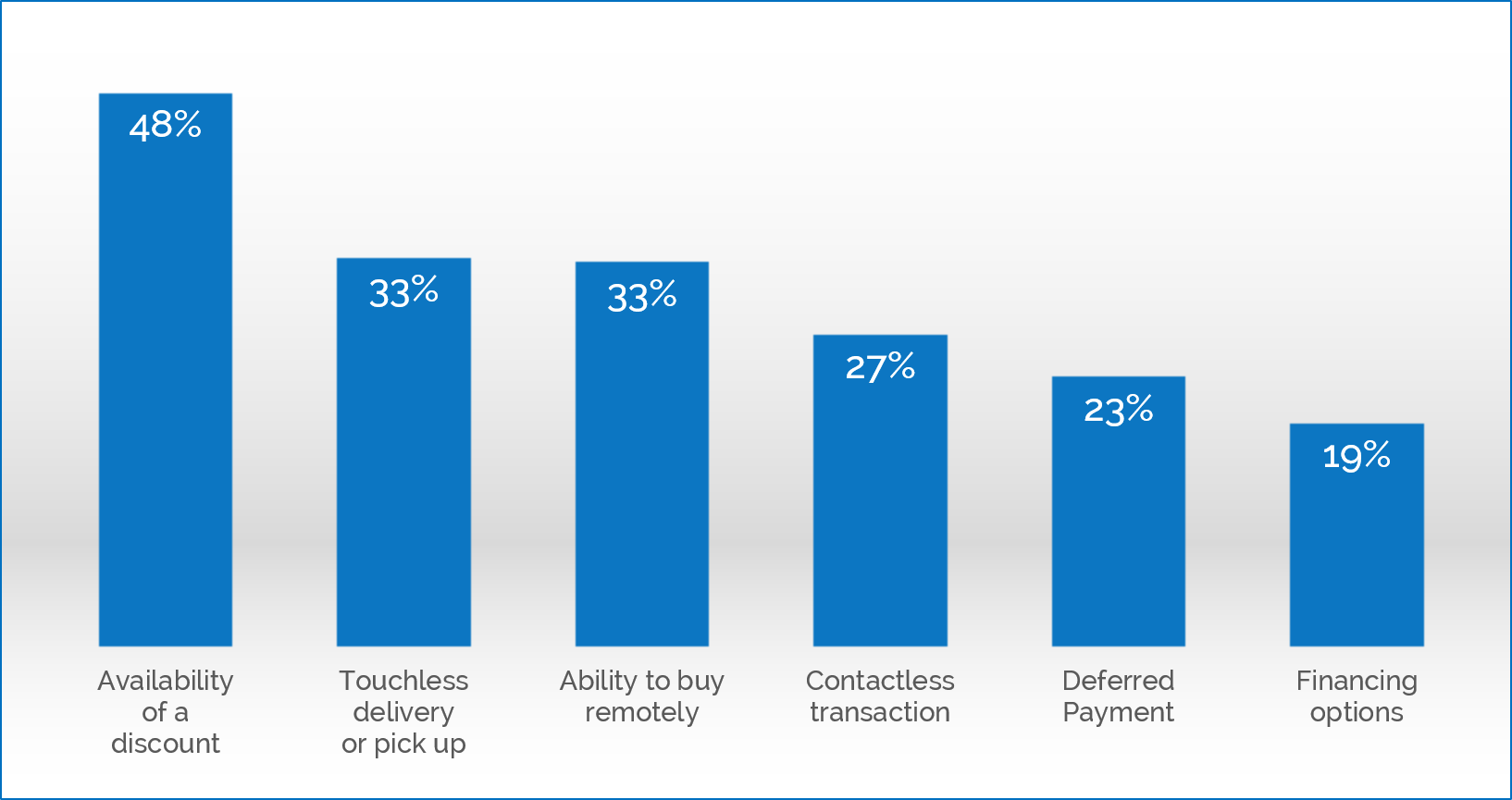Advertisers Need To Drop Togetherness Message

American consumers in our research are clear: No brand should tell them “we’re in this together” anymore. Fatigue for this sentiment has truly set in. At this point, consumers want out of the empathetic relationship. They just want to be offered a great deal.
A focus group response summed this up perfectly last week: “These companies are saying they are right there with me, but no you’re not. I am OK with ‘We know times are tough, which is why we are giving you a $1,000 rebate.’ ”
We’ve all seen the supercuts of COVID-19 ads at this point: the treacly music, the platitudes. Microsoft Sam published a great parody that brilliantly illustrates the overdone somber music and empty statements being used by advertisers across the country. America is tired of hearing them.
In SmithGeiger’s latest research, 6 in 10 Americans say they are “anxious” and “nervous” about the current pandemic, and hollow statements from advertisers aren’t doing anything to help.
Even so, Americans are resilient. Things are bad, but many consumers are starting to see a light at the end of the tunnel, with nearly half (47%) feeling that their personal finances will recover in the next 90 days.
The pandemic has put a big dent in demand for travel (83% are less likely to get on an airplane), but that doesn’t mean consumers aren’t spending or that they’re not planning to spend more just as soon as they can.
Americans across the country are increasingly taking on new home improvement projects, upgrades, and repairs. Here are consumer spending plans for the next six months:
- 57% will buy lawn and garden products
- 52% will install a home solar system
- 48% will repair or replace a roof
- 40% will install new flooring
- 39% will remodel a bathroom
As we’re all staying in more, we’re watching more TV. Media consumption is at record levels, with 85% of Americans watching more live TV and 82% watching more streaming TV content (over four hours per day). All this TV viewing means more exposure to advertising and consumers are telling us clearly what they want to hear about: discounts, safe purchasing protocols and deferred payment opportunities.
When asked what would drive them to buy non-essential products and services, almost half (48%) of Americans say the “availability of a discount” is what they are looking for first, followed by “touchless delivery/pick up” or “remote buying” (both at 33%) and “deferred payment” or “financing options” (23% and 19%, respectively).
Offers And Incentives As A Reason To Purchase Non-Essential Items — May 2020

These numbers are also backed up by our qualitative results. Focus group respondents couldn’t be clearer: They care primarily about “the deal” and the benefits the product or service can provide them. They’re unambiguous in their sentiments.
“When I hear those messages [about togetherness], I just want to gag. They don’t know me. It doesn’t reek of ‘building a bond’ or anything of that sort. If they have a product to sell, I want to hear about the features they offer and how it is going to benefit me.”
In speaking to customers right now, it’s critical that messaging is both emotionally and functionally in sync with the people advertisers are trying to reach. Americans are not ready for tone deaf, screaming ads about “crazy deals,” but they are looking for discounts.
The time for somber, forced “togetherness” is well past. Advertisers should meet people where they are (tired, frustrated and lower on cash), and serve their needs safely, as best they can. Consumers will respond — and they’ll thank advertisers for not talking down to them or wasting their time. They’re ready to get out and to get back to it. Advertisers should help them do just that.
Nicole Bergen is the founder of Elevate, a division of SmithGeiger.


































Comments (3)
2018bstyrevr says:
May 28, 2020 at 7:37 am
Right on..All the Snowflakes just like in the fake news departments have taken over!!
tvn-member-9767768 says:
May 28, 2020 at 2:59 pm
THANK YOU FOR THIS ARTICLE! I just posted something similar promising not to use the words Social Distancing, We are in this together, and these unprecedented times.
UGH
tvn-member-3011604 says:
May 28, 2020 at 5:20 pm
Yes!!! “We’re all in this together” has got to be the most insipid sentiment of the year.